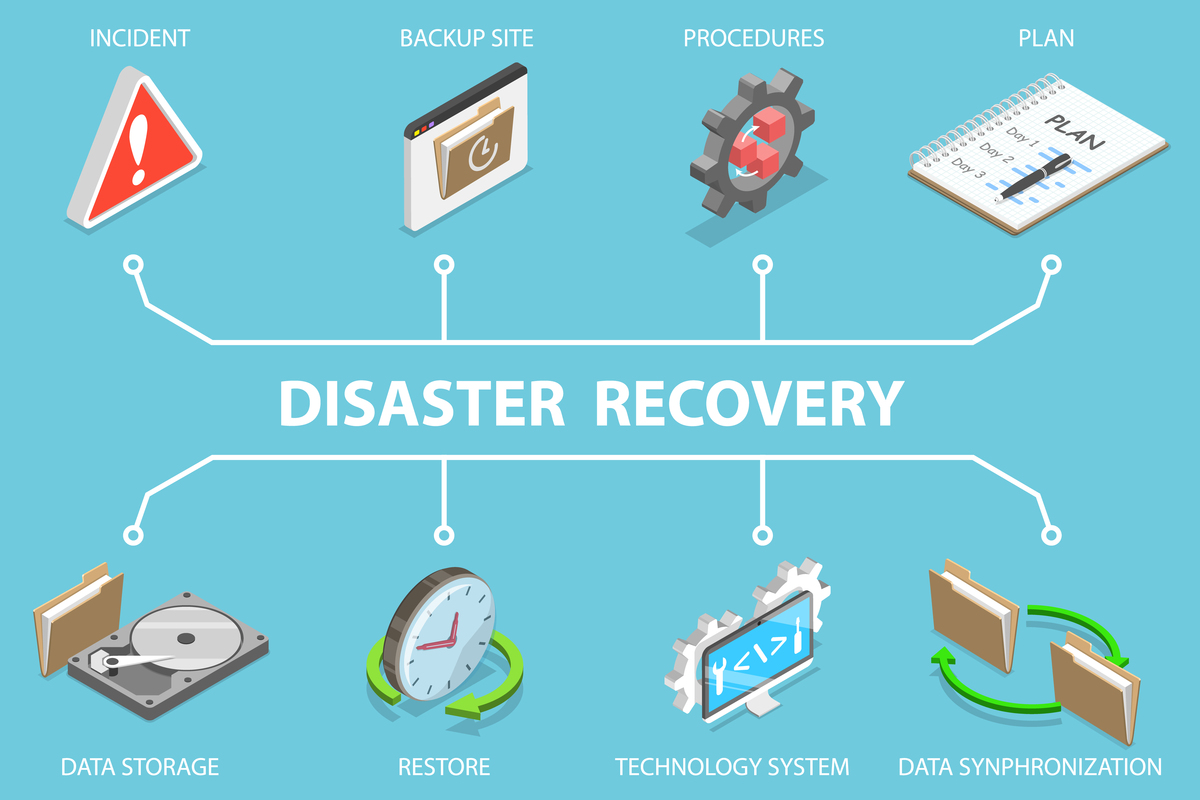Technology Addiction: Are We Losing Ourselves in the Digital World?
Title: The Ubiquitous Temptation: Analyzing the Rising Addiction to Technology
Introduction: In the 21st century, technology has seamlessly integrated into the fabric of our lives, transforming the way we communicate, work, and entertain ourselves. However, as our reliance on technology grows, concerns over the addictive nature of these devices have surfaced. This essay aims to explore the question: Are people becoming addicted to technology?
Body:
-
Technological Dependence: The exponential growth of smartphones and the widespread availability of internet access have fostered a culture of dependency on technology. People now rely on their devices for communication, information, and entertainment, contributing to a sense of addiction. This reliance is evident from the constant urge to check our phones, the fear of missing out (FOMO), and the discomfort experienced when separated from technology.
-
Psychological Impact: Psychologists argue that technology addiction shares common traits with other forms of addiction, such as substance abuse. The dopamine rush experienced when receiving notifications or achieving online milestones reinforces compulsive behavior, leading to the development of addictive tendencies. Consequently, individuals may neglect real-life interactions, hobbies, and self-care, further exacerbating the addictive cycle.
-
Social Consequences: The addiction to technology can disrupt interpersonal relationships. Excessive screen time often leads to decreased face-to-face interactions, affecting the quality of personal connections. Additionally, the allure of virtual social platforms and online gaming can lead to isolation and detachment from the physical world. This growing detachment poses a threat to the social fabric of communities and intimacy in relationships.
-
Adverse Health Effects: Extended periods of technology usage, especially in poor postures, contribute to various health issues. Sedentary behaviors associated with excessive screen time can lead to physical ailments like obesity, poor eyesight, and musculoskeletal problems. Moreover, the blue light emitted by screens disrupts sleep patterns, further impacting overall well-being.
Conclusion: While technology has undoubtedly revolutionized our lives, the increasing addiction to it cannot be ignored. The convenience and allure of these devices make it easy to fall into the trap of unconsciously prioritizing screens over real-life experiences. Recognizing the addictive nature of technology is the first step towards fostering a healthier relationship with these devices. Striking a balance between the benefits of technology and engaging in real-world activities is essential to curbing the negative consequences associated with its overuse.

原文地址: https://www.cveoy.top/t/topic/bGSh 著作权归作者所有。请勿转载和采集!